Richard Ali + Odu Ode. Listen to the interview here.
What is the process of writing a poem like for you? Is it a lot of hard work or easy?
Odu Ode: Poetry comes to me in the wake of abandonment, intense emotions, aloneness, heart-wrecking experiences and loss. Poetry comes to me in times of new visual episode, voyage and love. It is that caffeine that bridges your soul, your mind and your being with the hastiness of life and the existence. Poetry to me is roaming exile and a lot of self-examination and self-re-examination. It is the beautification of language, the elasticity of every word. Poetry, to me, comes with the search of meaning and answers to the questions that make up my thoughts and observations. Poetry is simply me telling my story in the best form of honesty. Poetry is the metaphoric phase of my confessions.
Poetry is both hard work and easy exercise – it becomes hard when I’m preconceiving them, when they’re not completely formed. In the gestation phase, the fear, the anxiousness, the mental exercise, the carefulness of diction and the brevity. The selection of the right words to express emotions. While some poems come in a hasty gush, some take time to form. It may be days and sometimes months. But I’ve come to understand my process to be instant expression when I begin to feel a kind of way, when I feel restless. I may have the idea forming inside for months or years but the writing process always happen instantaneously. My process starts with everything I do before writing the poem, it is the experience I am shaping to be the piece. It’s the degree of honesty I am willing to confess and the amount of my confession I intend putting in codes. So codification has become part of my writing process as well because all my poems are confessing real experiences, I try as much as possible to protect the human character and the human ego being confessed. It should be me who can or should crack the puzzle. I sometimes write from the usual experiences of everyday person but the carefulness in blending language with cultural and my native nuances bring them to a specific kind of life.
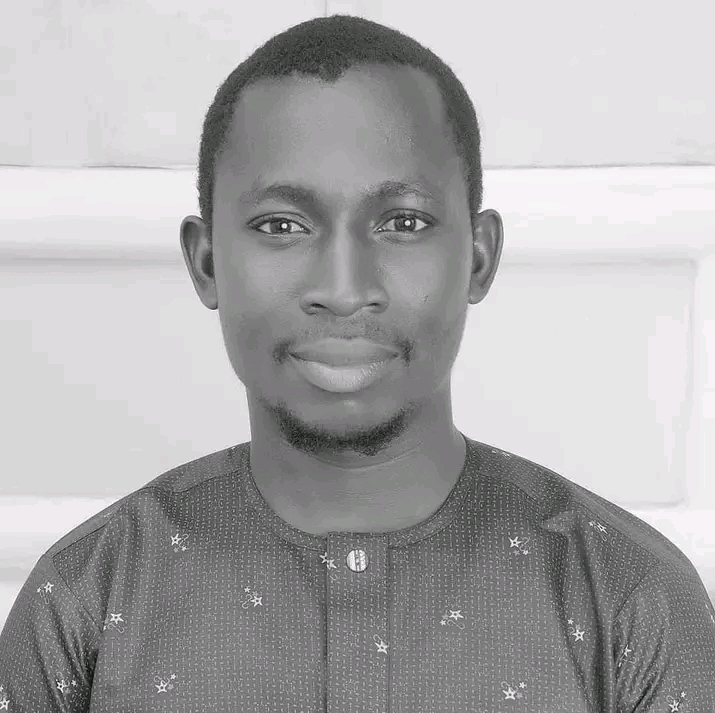
Odu Ode
Please describe your sense of identity in this or any possible world in imagery or metaphor?
Odu Ode: I would want to say I am a stone that drinks a lot of conflicting emotions but I wouldn’t want to call me a stone. I should prefer to call myself the man that suckled the feminine tenderness of a woman from his mum but I shouldn’t place myself in that throne. I am just a curious mind who wants to know the origin of every experience. I am a roaming scavenger for the next situation or sensation. Curiosity is a part of my being. I always want to know ‘the whys’ of every colour, every song, every kindness and every decision. I am that bag of turmoil, I trap the swiftness in emotional readjustment so fast I cannot let go of the outcomes in a hurry.
I am a box of nothingness, I easily slip into emotional unrest. I am observant with a penchant for little details. I am a cat, I purr on every stretched hand that presents care. I am that listening ear which gets distracted by my mind – that mind that’s captured something unique or odd or strange or exemplary in a speaker’s message.
I am a son and a mother’s tongue. I am a seeker of eyeballs. I am a curious interpreter of identity and native flamboyance in my inchoate verses until they take a form. I am a camel setting eyes on the next lush field. I am a cut of a lightray in the stomach of lusting darkness. I embrace observation from the broken side of my soul. I am, most times, empty.
If any of your poems could literarily save a person’s life, which poem would it be and can you describe the person whose life you think it would have saved?
Odu Ode: I will be honest when I say I understand this question to be ‘What’s the best poem you think you’ve written and how do you think it is your favourite and can save a life’. So I will say all my poems are important to me because they all come from a point of honesty. Since the year I became conscious of my writing and expressions in my verses, I have always written a poem to address a particular kind of complexity.
So, in every one of my poems, there’s always resonation with my own realities. In my most recent chapbook, Hijra, published early this year (2024), I’d say the poems ‘Brother’ and ‘Dear Kareem’ would save my own conscience a bit.
I yearn for your presence
When I hear your favourite song
Play from a distant stereo
(Dear Kareem, p8)
This stanza lived in my head for years before they were moulded and subjected to a poem. ‘Brother’ has a gush of emotions it brings each time I re-read it. I find it difficult to memorise its lines.
What does Africa mean to you, as potential or reality?
Odu Ode: Africa is a cauldron and potpourri of cultural, beautifying, unique themes, and satisfying identities. The colourful struggles. The irresistible charms. The music and chants. The geography. The drums. You cannot take away the spirits of Africa from its flamboyance. The African language is a complete poetic expression. Africa is a space of wealthy histories and potential for extraordinary experiences of rich cultural values and nature ready to be cringed into a unique blend of tourism and soul-searching adventure.
Could you share with us one poem you’ve been most impressed or fascinated by? Tell us why and share favorite lines from it.
Odu Ode: I do not have a single poem I can point out as my favourite. I read such a wide array of poems that I cannot point to a specific one. While responding to this question, some poems started flashing in my head. A lot of poems have impacted me, such as the collection Wild Iris by Louise Gluck, Nizar Qabbani’s poem Balqees, Mimesis by Fady Jooudah, The Mesh by Kwesi Brew, Mazisi Kunene’s Elegy for my friend E. Galo, Possibilities by Wislawa Szymborska and Sylvia Plath’s Wuthering Heights.
I will, blindly, want to pick Wuthering Heights by Sylvia Plath because of the experiences and exposure it gave me. It exposed me to a dimension of careful observation at the brink of honest reportage.
Odu Ode is a North-Central Nigerian poet from Kana. His writing explores nature, travels, memory and love. He is a fellow of The Imodoye Writers Enclave (IWE) Residency program.
Odu Ode is the author of the chapbooks Dark Diary (2018) Calligraphy of Demons (2020), Back Home, There’s a Box of Chocolate (2023) and Hijra (2024). His Pidgin Novel, Dave Nkosi, won the HIASFEST Nigerian prize for Indigenous Language (pidgin category)
- Poets Talk: 5 Questions with Kayeon Onyeka - February 25, 2025
- Poets Talk: 5 Questions with Jakky Bankong-Obi - December 3, 2024
- Poets Talk: 5 Questions with Odu Ode - November 26, 2024






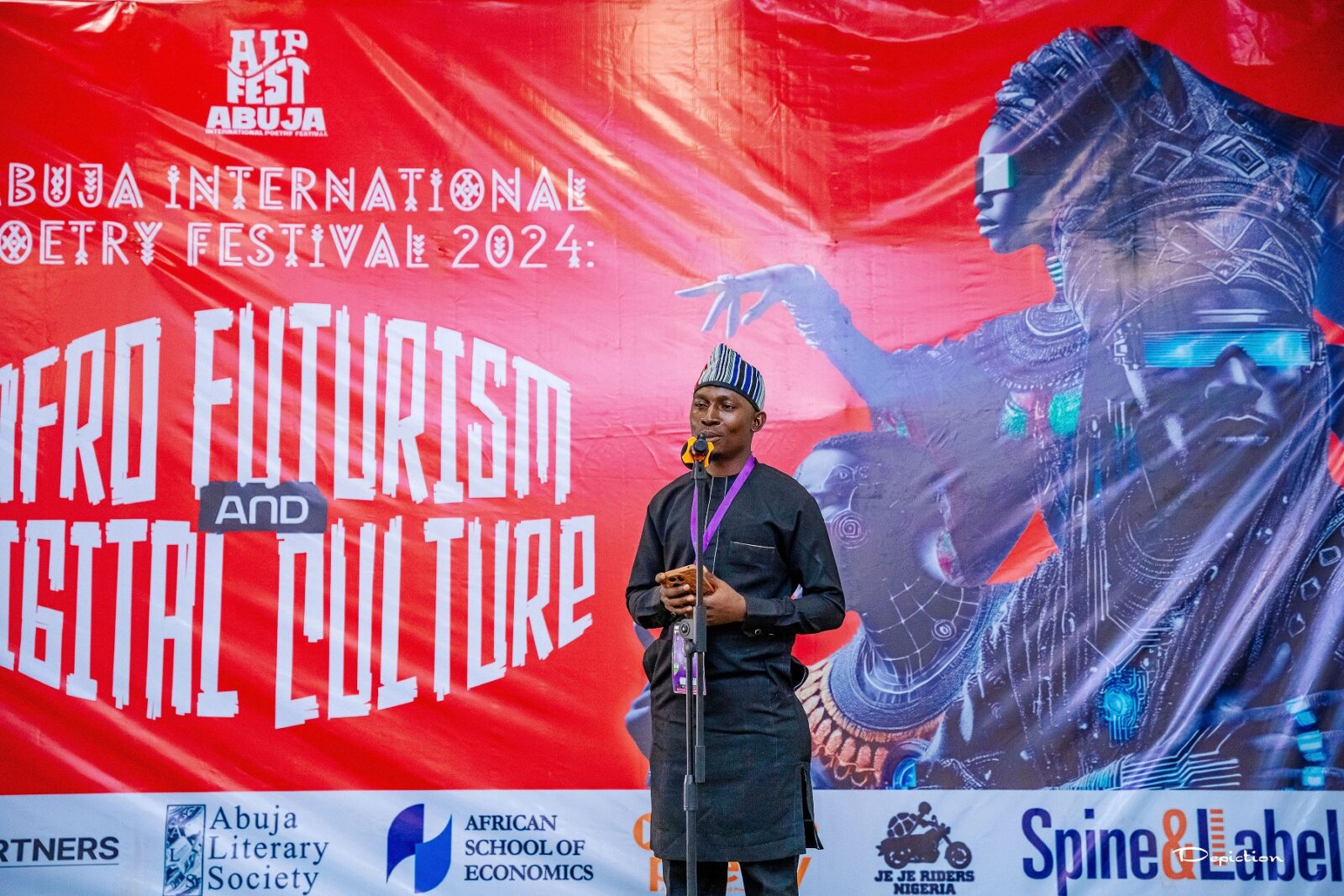
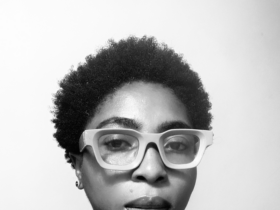
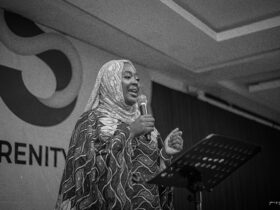
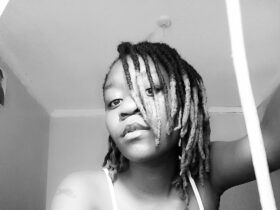
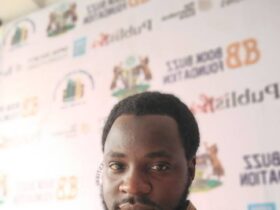


Leave a Reply